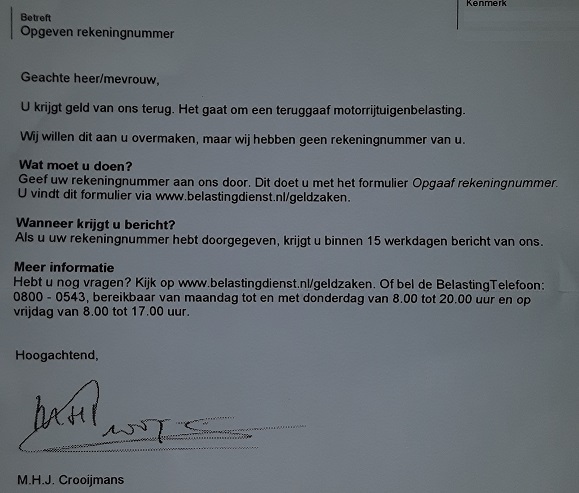Only once before in my life have I left the theatre halfway through a movie. The first time was because ‘The man in the iron mask’ was so embarrassingly bad; with ‘Babel’, I left an hour into the movie because it was making me feel nauseous and my fiancée depressed. So take into account that this is a comment on half a movie.
Our reactions are a testimony to the technical proficiency of the director; his harsh realism and uncompromising storytelling are so realistic we both felt physically bad. But that is the only positive thing I can say about this bleak, horrible piece of cinema.
This is clearly a movie about the human condition, and by a director who is none too happy about said condition. But in his urge to show the viewer that man is stupid, selfish, and evil, he flies off the handle in a big way.
There’s no light in this movie, no goodness, no direction other than down. From the first scenes, with the young goatherders firing a rifle at passing cars and one of them acting on his perverse sexuality, through the indifference of the fellow passengers of the injured American woman (Blanchett), and the ominous wedding celebration that just has to go wrong at some point, to the lonely and frustrated existence of the deaf-mute Japanese schoolgirl, everything is pointed downhill.
Any meaningful movie should have a topic, should investigate a part of the human condition, ask questions, provide food for thought; juxtaposition, contrast and ambiguity should be the tools of the investigation. But in Babel, while Iñárritu does have the human condition as his material, he fails entirely to make it a topic; he goes to town on his viewers like a rabid priest delivering a sermon of fire and brimstone.
There is no ambiguity in Babel, no hope; “the world is ugly,” Iñárritu is saying, “and man is bad, and my mission is to send that message as loudly as I can.” The movie asks no questions, opens no discussions, doesn’t investigate; it just portrays ugliness. Undoubtedly, the movie escalates into a climax where the story lines converge, but even that essential structure is not an arc, but a straight line down into a dark pit.
And even with all that ugliness, the movie might have been redeemed if I had been made to care about the main characters. But the best the movie does is make me feel indifferent about the two blonde American kids; the other characters evoke in me a mild to deep revulsion. And without that necessary empathy, Babel is a movie about unpleasant people going through nasty events. That makes it, in the broadest sense of the word, pornography; a pornography of ugliness.
I deeply regret having seen even half of this movie, and will strive to miss any other movies Iñárritu has made and will make in the future.
